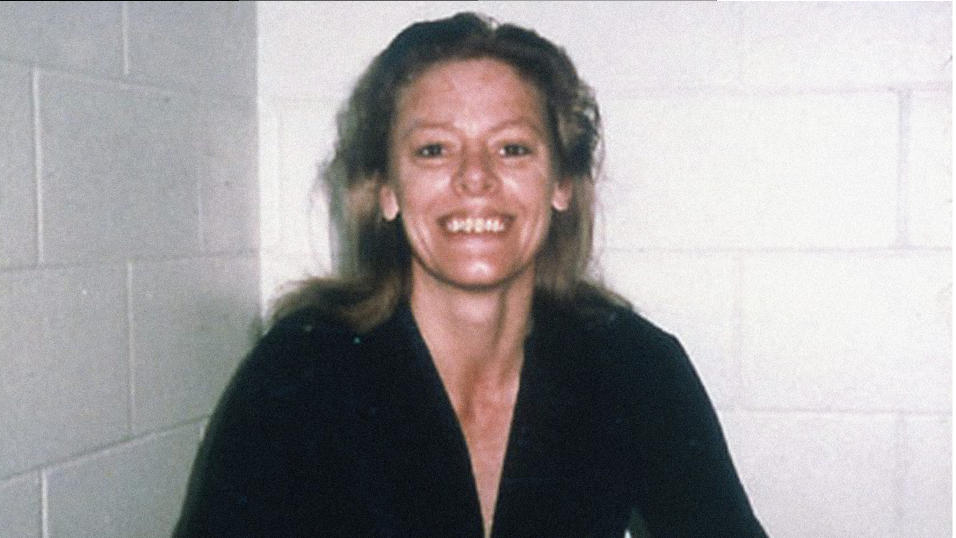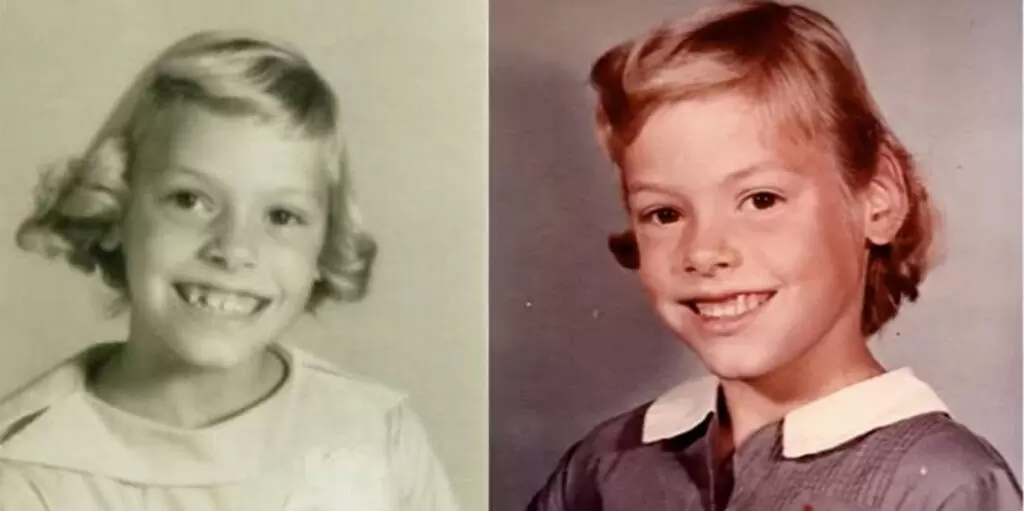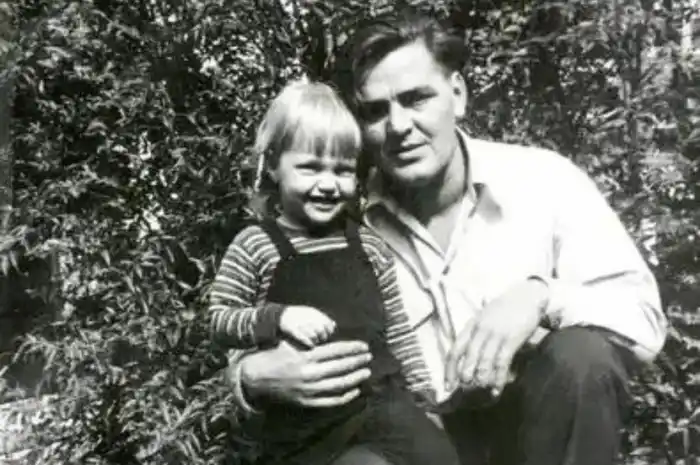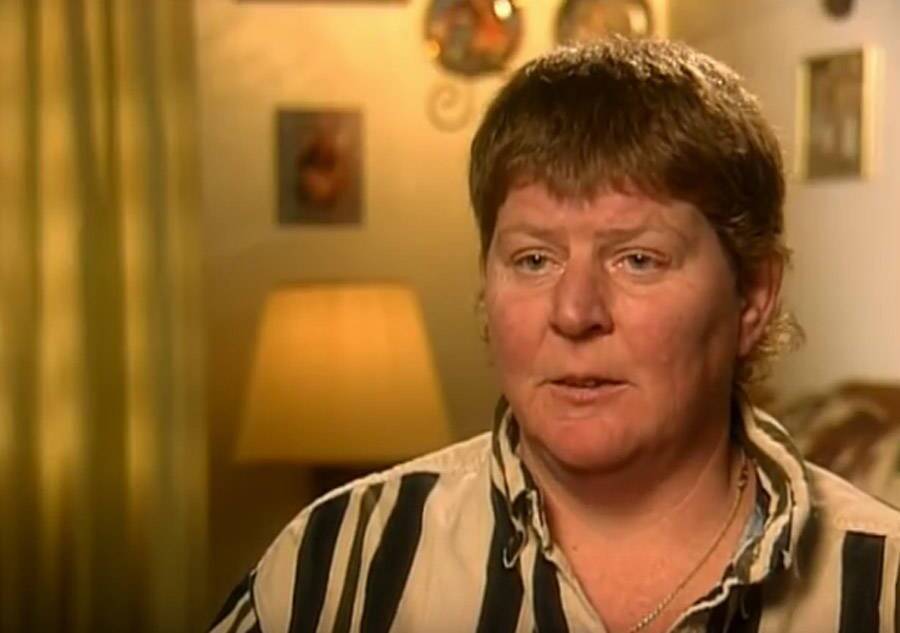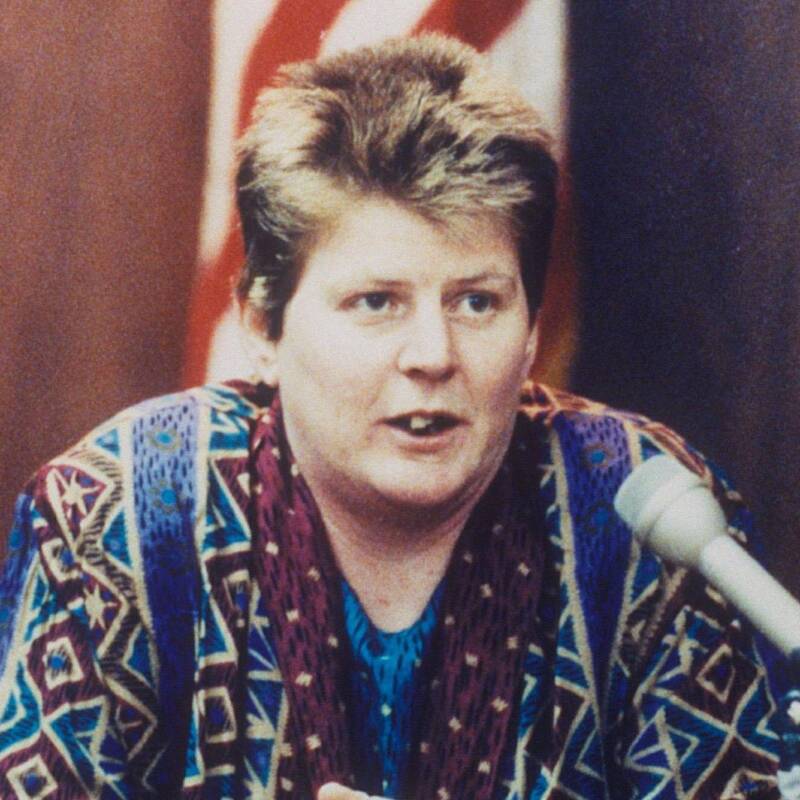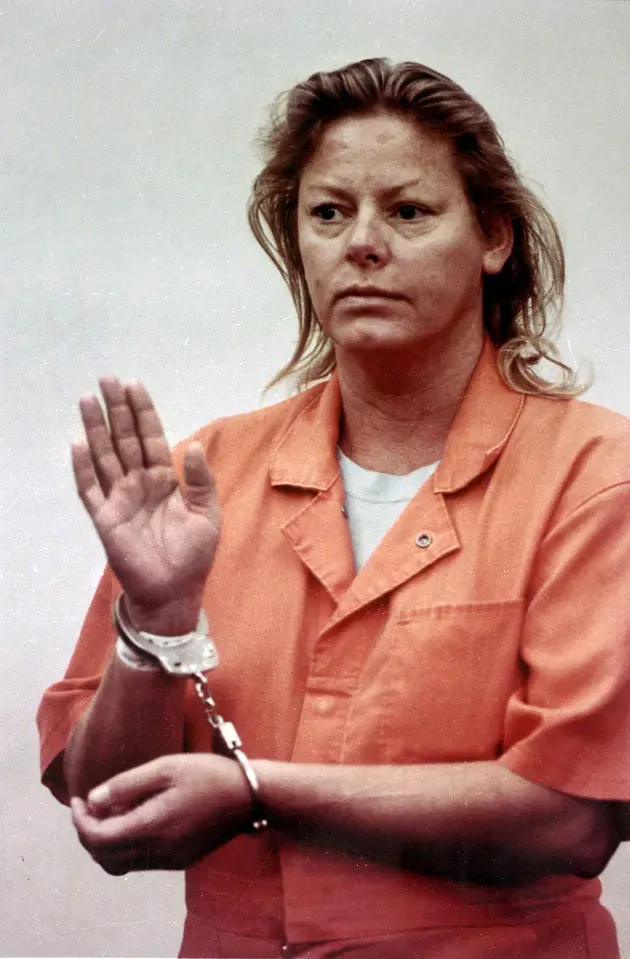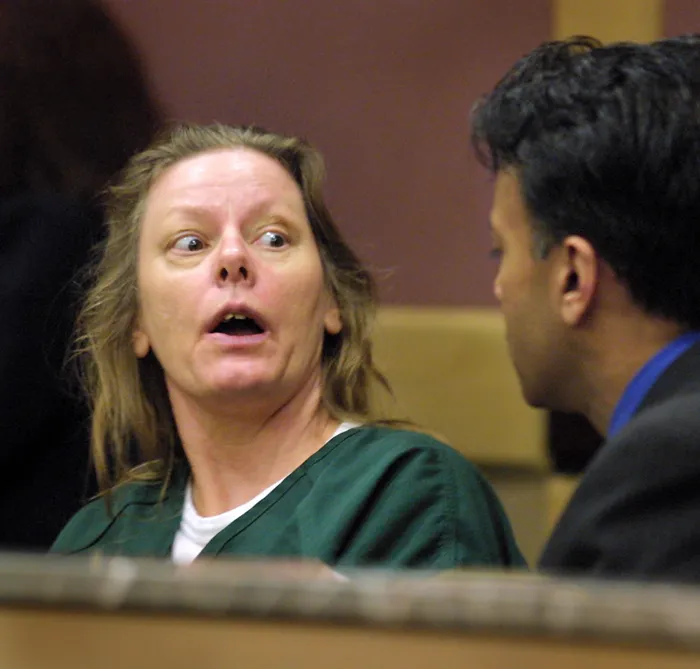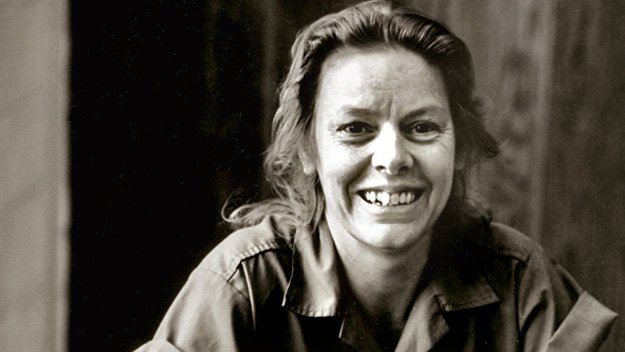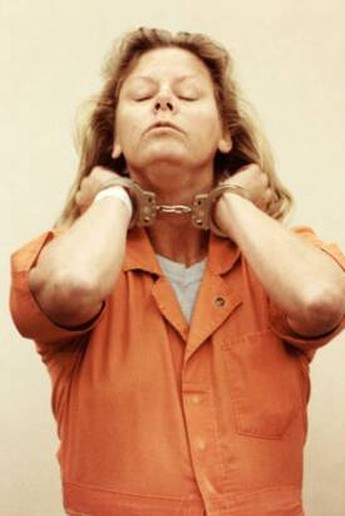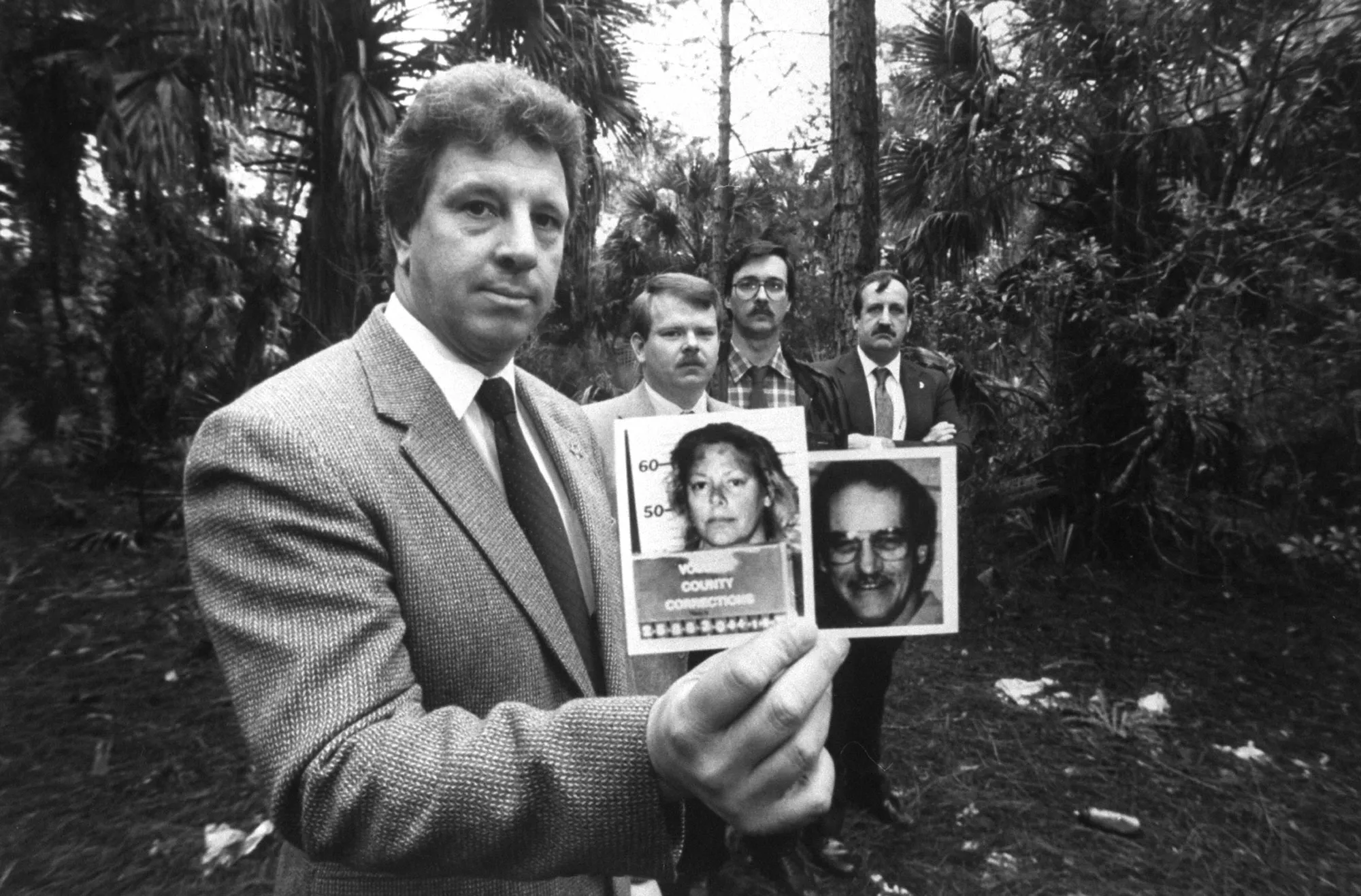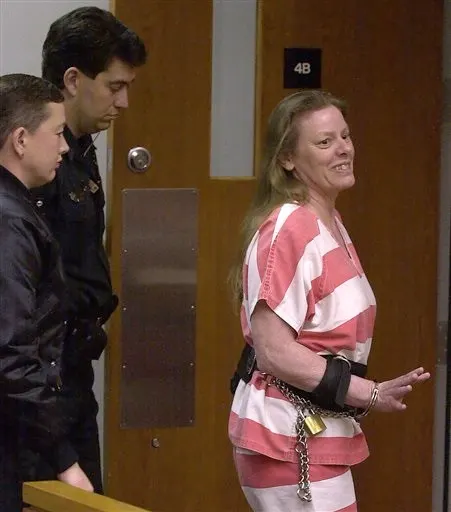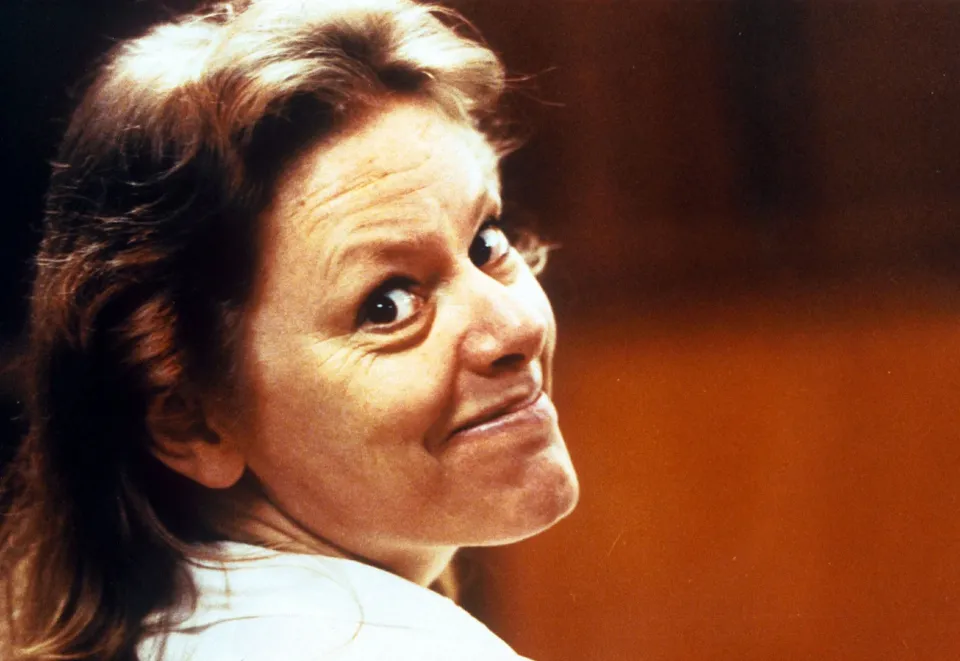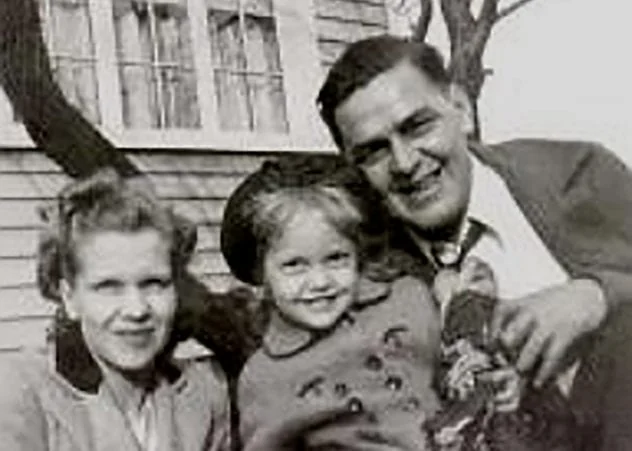The First Female Serial Killer: Why Aileen Wuornos's Case Still Matters

Between 1989 and 1990, seven men picked up a hitchhiker along Florida's highways. None of them made it home. Aileen Wuornos said she killed them in self-defense. The state said she was a monster. But what if the truth is somewhere in between? What if the evidence that could have saved her life was hidden from her jury? Let's get into it.
The Woman Behind America's Most Controversial Death Sentence
So you know how society loves to put people in neat little boxes? Good guys over here, bad guys over there. Aileen Wuornos absolutely destroyed that box. Her story is one of those cases where the more you learn, the less certain you become about anything.
Between 1989 and 1990, Aileen Wuornos killed seven men across central Florida. She became known as America's first female serial killer profiled by the FBI. But calling her a serial killer and leaving it at that? That's like reading the last page of a book and thinking you know the whole story.
Let's back up.
A Childhood Nobody Should Have to Survive
Aileen Carol Wuornos was born in 1956 into a situation that was already a disaster. Her biological father was locked up for child molestation when she was still a baby, and he later died by suicide in prison. When she was four years old, she and her brother got shipped off to live with their maternal grandparents. You'd think that might be a fresh start, right? It wasn't.
Her grandfather was an alcoholic who beat her with a belt for the smallest things. We're not talking about discipline here. We're talking about brutal physical abuse. And it gets worse. There's evidence that he sexually abused her too. Her grandmother knew what was happening and did nothing to stop it.
At 14 years old, Aileen was raped by a family friend. She waited six months before revealing that she was pregnant, and her grandparents blamed her for the pregnancy. Think about that for a second. A 14-year-old gets raped, becomes pregnant, and the adults in her life blame her. She was forced to give the baby up for adoption, and then her grandfather kicked her out of the house. She was 15 years old.
So what do you do when you're 15, homeless, and have been failed by every adult who was supposed to protect you? Aileen started working as a prostitute along the highways of Central Florida. She carried a gun because, well, sex work is dangerous. Especially when you're doing it on the side of the highway with complete strangers.
Psychologists who studied her case later diagnosed her with Antisocial Personality Disorder and Borderline Personality Disorder. They pointed to her history of severe attachment disruptions and trauma as major contributing factors to what happened next.
Aileen with her grandfather
Seven Men, Seven Murders
From late 1989 through late 1990, the bodies of seven middle-aged white men were discovered in central Florida. The killer had robbed all of the victims before shooting them to death and stealing their cars.
The first victim was Richard Mallory. He was 51 years old, a shop owner who picked Aileen up along Interstate 75. His body was found several miles from his abandoned car in December 1989. He'd been shot multiple times in the chest.
Then came David Spears, a 43-year-old construction worker, shot six times. Charles Carskaddon, 40, part-time rodeo worker, shot nine times. Peter Siems, 65, who was heading to New Jersey. His body was never found, but his car turned up abandoned on July 4th, 1990. Troy Burress, a 50-year-old salesman. Charles Humphreys, a retired Air Force major who'd worked as a child abuse investigator. And Walter Antonio, 62, shot four times in the back and head.
Aileen was living with her partner, Tyria Moore, during all of this. After the first killing, she told Tyria what she'd done. Tyria was scared. And when the police eventually came knocking, Tyria cooperated. She helped them record a confession from Aileen that led to her arrest in January 1991.
Aileen's partner Tyria Moore
The Trial That Was Rigged From the Start
Here's where things get really messy. Aileen claimed from the beginning that she killed these men in self-defense. She said they either raped her or tried to rape her, and she believed she was going to be beaten or killed if she didn't act first.
The prosecution? They painted her as a cold-blooded murderer who killed for money and to eliminate witnesses.
But let's talk about what the jury never heard.
One example of poor representation revealed in subsequent appeals was trial counsel's failure to uncover Richard Mallory's prior rape conviction, which could have corroborated Aileen's argument of self-defense. It later became known that Mallory had previously been convicted of attempted rape in Maryland and had served time in prison.
Read that again. The first man Aileen killed, the man whose murder she went to trial for, was a convicted rapist. That information existed. The prosecution knew about it. And it was never presented to her defense team. After the trial, when this came to light, the judge refused to allow it as evidence in post-trial proceedings.
But wait, there's more. When Aileen gave her videotaped confession, she insisted at least 16 times that she killed in self-defense. That part of the video? Edited out before the jury saw it.
And then there's the prosecutor, John Tanner. This guy had previously written articles calling prostitutes "pure evil." He was also friends with the presiding judge. Legal experts have pointed out that gender bias likely played a significant role in how this case was handled. Studies show that women in Florida were sometimes treated more harshly than men who committed similar crimes.
After her conviction for killing Mallory and her death sentence in 1992, Aileen's story changed. She pleaded guilty or no contest to the other murders and said she'd killed for robbery, not self-defense.
But here's the thing. In a private interview with documentarian Nick Broomfield, she suggested that the killings actually were self-defense. She said she couldn't take being on death row anymore and just wanted the whole thing to be over.
The Final Years on Death Row
Aileen spent over a decade on Florida's Death Row, and her mental state fell apart during that time. She fired multiple attorneys. She wrote rambling motions claiming she was being abused. In 2001, she dropped all her appeals. She said she wanted to die because she "seriously hates human life" and would "kill again" if they kept her alive.
Some of her former lawyers raised concerns that she wasn't mentally competent to give up her appeals. But state-appointed psychiatrists examined her and said she was competent enough to make that decision.
On October 9th, 2002, Aileen Wuornos was executed by lethal injection. Her final words were honestly pretty disturbing. She said, "I'd just like to say I'm sailing with the rock, and I'll be back like Independence Day, with Jesus June 6. Like the movie, big mother ship and all, I'll be back."
A lot of experts saw those final words as confirmation that her mental state had completely deteriorated.
What This Case Really Tells Us
Look, I'm not here to say Aileen Wuornos was innocent. Seven men are dead. That's a fact. But I am saying that her case raises some seriously uncomfortable questions about how our justice system handles people who've been victimized their entire lives and then become perpetrators themselves.
When you're sexually abused as a child, kicked out at 15, forced into sex work to survive, and then you kill someone who you claim tried to rape you, and it turns out that person actually was a convicted rapist but nobody tells your jury that information? That's not justice. That's a system that was broken from the start.
Aileen Wuornos's story is a dark reminder of what happens when childhood trauma goes unaddressed, when society fails the most vulnerable people, and when the legal system cares more about getting a conviction than getting to the truth.
Was she a victim? Absolutely. Was she also a killer? Yes. Both things can be true at the same time. And maybe that's the most important lesson here. People aren't always one thing or the other. Sometimes they're both. And our justice system needs to be able to handle that complexity instead of ignoring it.
*Joe's Note
Aileen Wuornos is often referred to as "America's First Female Serial Killer" as I do here, but there were obviously many more before her. We didn't start using the term Serial Killer until the 1970s.

